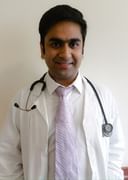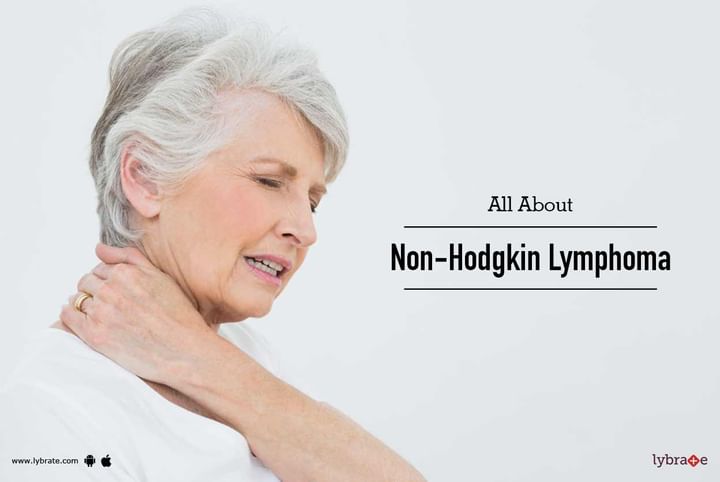All About Non-Hodgkin Lymphoma
Non Hodgkin Lymphoma is when the cells in your lymphatic system become cancerous. The lymphatic system is responsible for fighting off diseases, which may attack your body. Initially, tumors develop from the lymphocytes in your body. Non-Hodgkin lymphoma is much more common than the other type of lymphoma which is Hodgkin lymphoma. There are various types of Non-Hodgkin lymphoma; the most common of which are diffuse large B-cell lymphoma and follicular lymphoma. Here is everything you need to know about Non-Hodgkin lymphoma.
Symptoms
1. Swollen lymph nodes: A swollen lymph node in the neck, underarm and armpit which comes about without any pain is a very common symptom of Non-Hodgkin lymphoma.
2. Fever: When you have a sudden unexplained fever, it may be due to Non-Hodgkin lymphoma.
3. Night sweats: Night sweats are simply when you sweat excessively in the night.
4. Fatigue: Feeling extremely tired can be due to Non-Hodgkin lymphoma.
5. Weight loss: A sudden unexplained loss of weight is a very common symptom of Non-Hodgkin lymphoma.
6. Itchiness: An itchy skin is a rather serious indicator of Non-Hodgkin lymphoma.
Causes
Just like other forms of cancer, it is not known what causes Non-Hodgkin lymphoma, but there are factors, which put you more at risk compared to others.
Risk factors
1. Immunosuppressive drugs: You are most likely to develop Non-Hodgkin lymphoma, especially after taking immunosuppressive drugs after a major organ transplant.
2. Bacteria and viruses: Certain bacterial and viral infections cause Non-Hodgkin lymphoma including the HIV and Epstein-Barr virus as well as the Helicobacter pylori bacteria.
3. Pesticides: Research suggests that overexposure to the pesticides which kill weeds increases your likelihood of developing Non-Hodgkin lymphoma.
4. Age: Elder people are also more likely to suffer from Non-Hodgkin lymphoma.
Treatment
1. Chemotherapy: Chemotherapy comprises of administering drugs to kill the cancerous cells, either through injection or orally which kill cancer.
2. Radiation therapy: Radiation therapy deals with radiation which is directed at the parts of your body affected by cancer.
3. Medications to enhance the immune system: There are many medications which fight off cancer by boosting the immune system. If you wish to discuss about any specific problem, you can consult a hematologist.



+1.svg)
